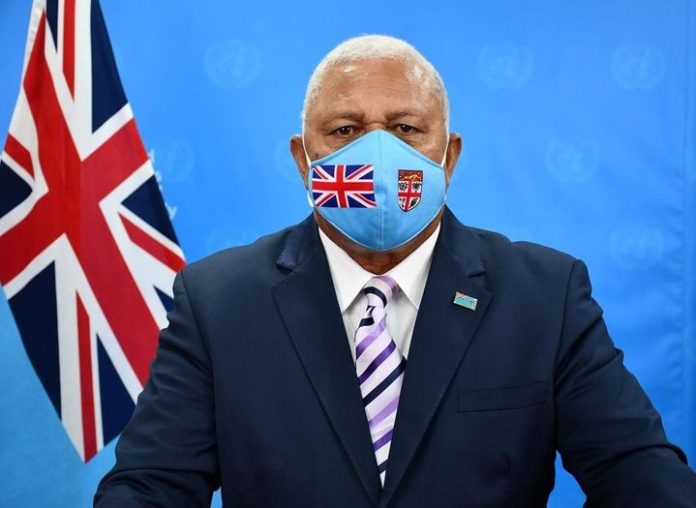The United Nations Children’s Fund (UNICEF) and the Office of the United Nations High Commissioner for Human Rights (OHCHR) for the Pacific welcomes Fiji’s enactment of the Climate Change Act 2021.
The United Nations agencies commend the Act’s explicit recognition of economic, social and cultural rights and links between gender equality, social inclusion and the Sustainable Development Goals. The Act highlights the women’s rights, rights of people living with disabilities and of older persons, and children’s inalienable right to a healthy environment. It also contains a focus on youth and groups and communities living in vulnerable and marginalised situations. The Act provides guidance on how Fiji can develop and action long term climate change measures to protect its people, ecosystems and biodiversity in the face of climate emergencies.
It provides a solid basis for Fiji to progressively realise its international commitments towards a greener planet and blue economy, though ecosystem approaches, the legal recognition of maritime boundaries relative to sea level rise, and the establishment of institutional and governance structures. It creates opportunities for engagement with key stakeholders, including children and young people.
“We congratulate Fiji as the first country globally to pass a Climate Change Act with a clear commitment to the Paris Agreement. UNICEF and our partners stand ready to support the Government to implement this Act,” said UNICEF Pacific Representative, Jonathan Veitch. “UNICEF is proud to have supported the first ever National Youth Climate Action Summit that included the consultation on the Climate Change Bill 2019 earlier this year where 200 youths, representing 40 youth clubs, participated from all over Fiji.”
“Many young people are leading the world in calling for Governments to be held accountable to do more to guarantee their right to a clean, healthy and sustainable environment,” said UN Human Rights Pacific Representative, Heike Alefsen. “Over the past three years the OHCHR Pacific Office has been engaged with young people across the Pacific to amplify their voices and build their capacities by unpacking the linkages between the climate crisis and the negative impact it is having on their human rights and those of future generations. This Act is a step in the right direction.”
UNICEF and OHCHR encourage efforts to bring the Climate Change Act 2021 into effect as soon as possible. Sufficient resources are required for effective implementation and monitoring, as well as ongoing awareness and dialogue with local communities and stakeholders to build country-wide ownership as well as to strengthen collective action at all levels.
SOURCE: UNICEF/PACNEWS














